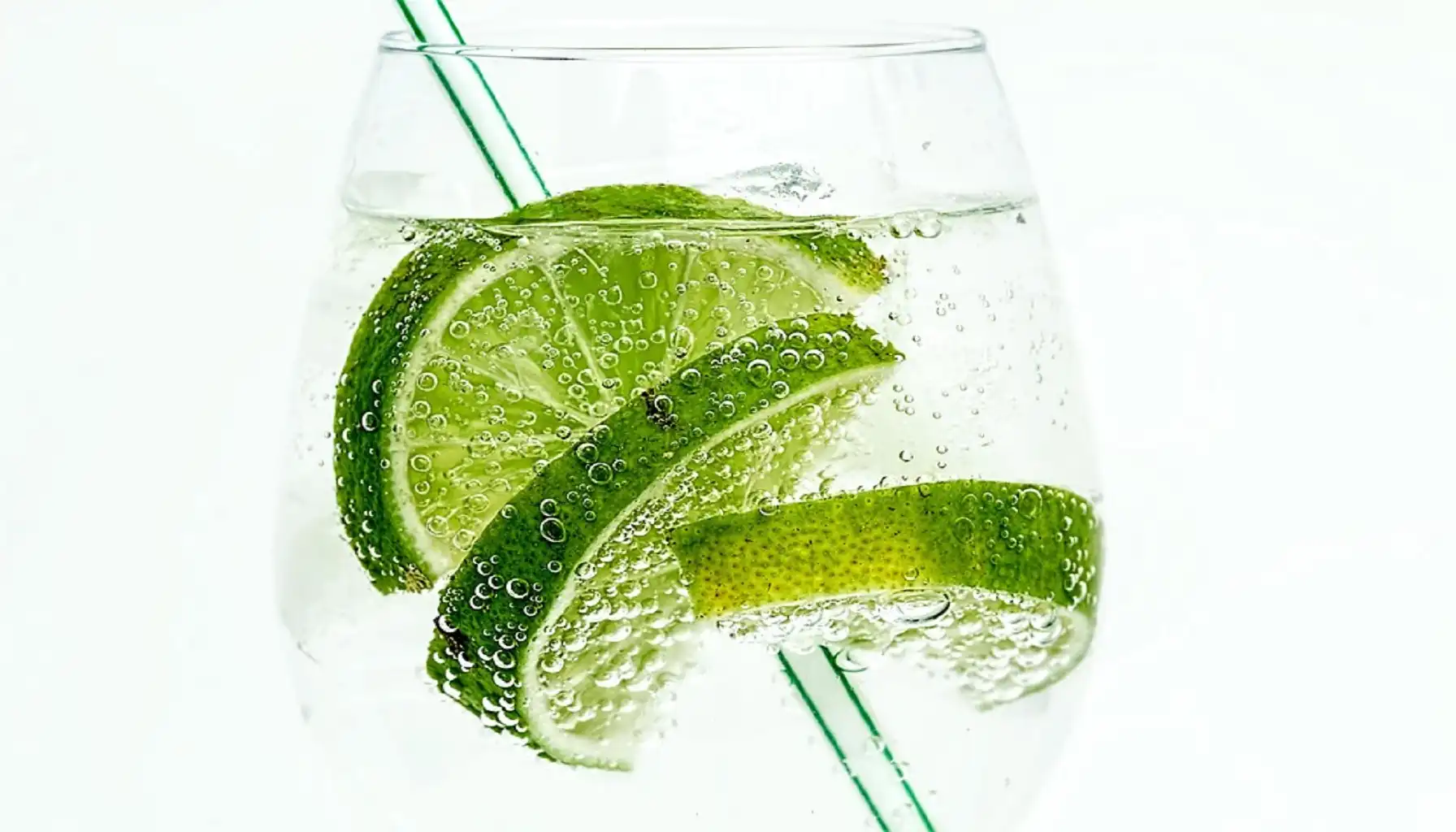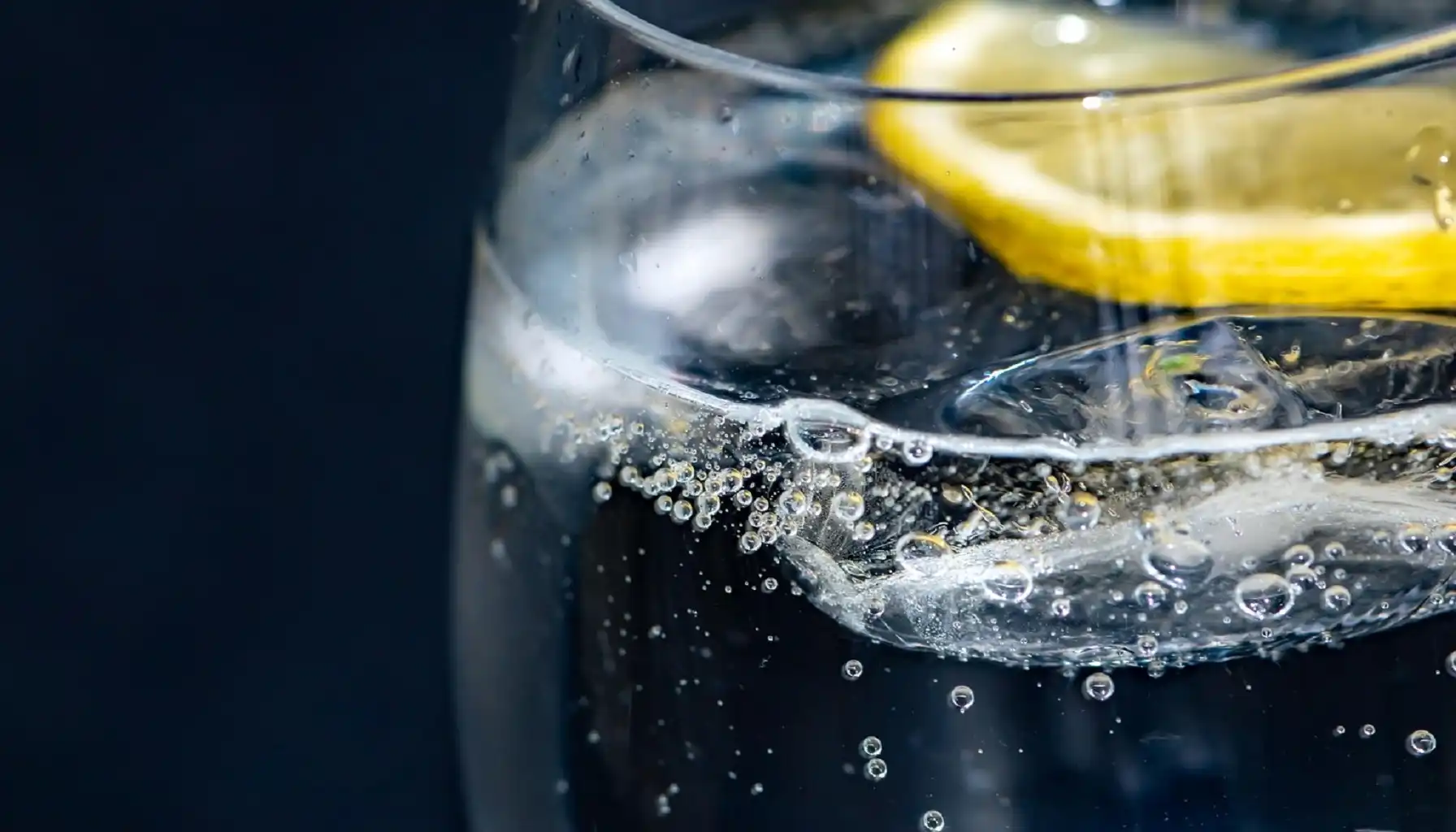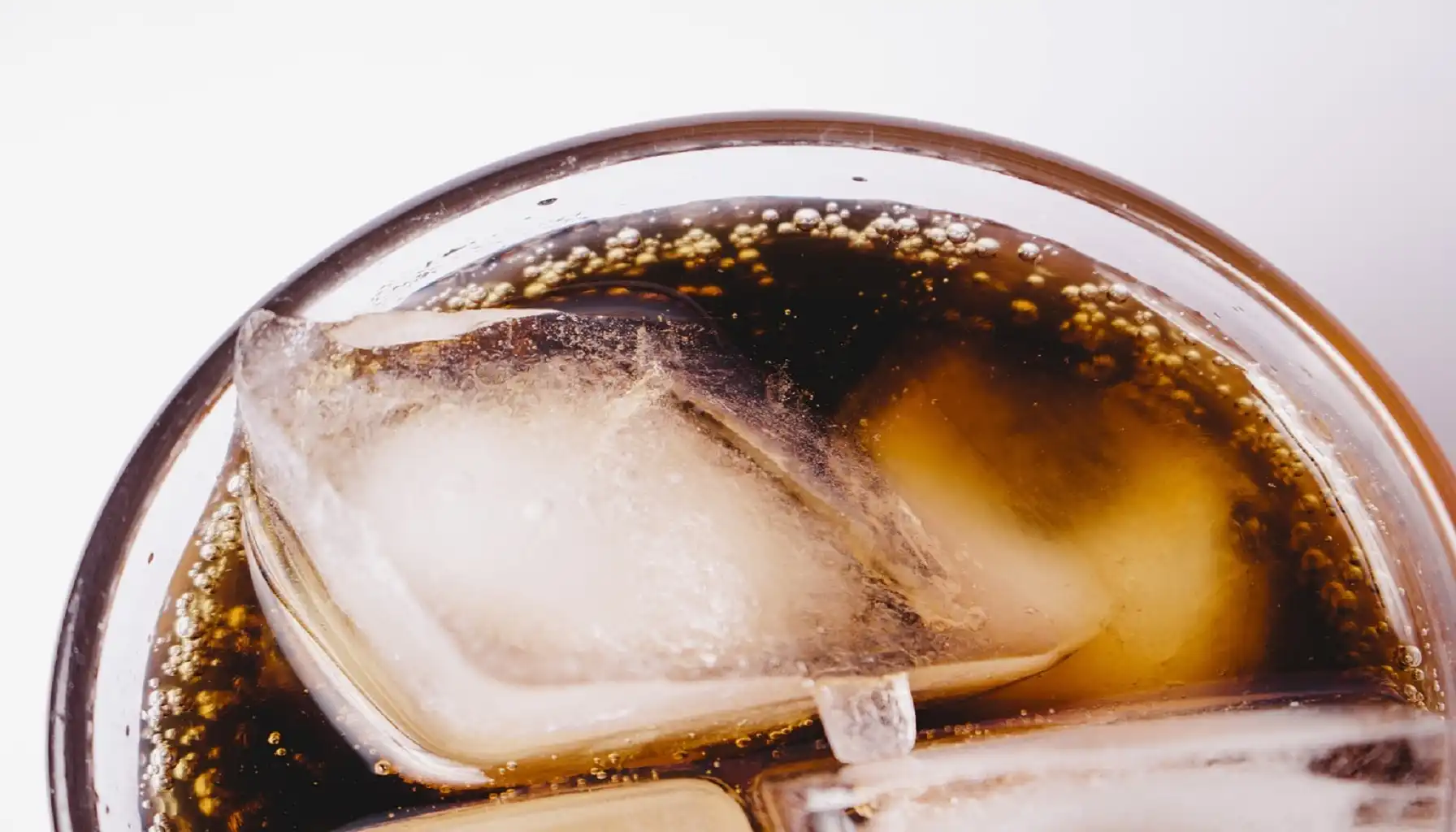Overcoming Soda Addiction: Practical Tips and Health Benefits

Contents:
Baking soda addiction is a real and serious issue for many people. Craving that fizzy soda every day can take a toll on your body and mind, leaving you feeling sluggish or anxious.
Let us present some useful advice for overcoming soda addiction, managing soda addiction withdrawal, and swapping sugary carbonated drinks for healthier alternatives.
In addition to these strategies, engaging in brain stimulating activities can also help redirect your focus and energy toward healthier habits.

What is Soda Addiction?
For a person to be addicted to soft drinks, a strong, uncontrollable urge to consume sugary carbonated beverages must have developed. This dependency is often triggered by a combination of sugar and caffeine, which activate the reward centers in the brain.
Sweetened beverages are typically consumed out of habit, emotional triggers, or simply out of a desperate need for an energy boost, even when the consumer recognizes that these drinks may be harmful to their health.
Experts commonly refer to soft drinks as addictive substances, and research has placed significant emphasis on the negative effects they have on the general public's health.
Causes of Soda Addiction
The causes of addiction to soda can vary but are often related to the chemical reactions in the brain triggered by sugar and caffeine. These substances create a feeling of pleasure, reinforcing the cycle of dependency.
Sometimes, extreme cases can result in an addiction to baking soda; for instance, constant consumption of products like carbonated drinks with baking soda as an ingredient may strengthen cravings for the said soft drink.
Other factors, such as emotional stress and the seeking of comfort, majorly contribute to the development of this addiction, as many individuals use sweetened drinks as an emotional outlet or stress reliever.
Diet soda addiction is also common, where people substitute regular carbonated drinks for diet versions that still contain caffeine and other addictive substances. The cycle of dependence continues.

Soda Addiction Symptoms
Common symptoms of soda addiction withdrawal include:
Headaches as your body adjusts to the lack of caffeine.
Irritability due to the sudden drop in sugar and caffeine.
Fatigue as your energy levels decrease without the boost from carbonated drinks.
Mood swings as your body struggles to balance without its usual sugar and caffeine intake.
Difficulty concentrating because of reduced caffeine levels in your system.
Increased hunger as your body looks for energy sources that soft drinks once provided.
Health Risks of Soda Addiction
The health risks associated with soda addiction are alarming. Consuming soda regularly can contribute to various health problems:
Weight gain due to the high-calorie content in carbonated drinks, which contributes to excess calorie intake and fat accumulation.
Tooth decay from the sugars and acids in soft drinks, leading to cavities, enamel erosion, and long-term oral health issues.
Increased risk of diabetes and heart disease, as regular consumption of sweetened beverages spikes blood sugar levels and raises triglycerides, both of which are risk factors for these chronic conditions.
These risks highlight why it's important to understand how to get rid of soda addiction and take the necessary steps to reduce or eliminate sweetened beverages from your daily routine.
It’s important to note that quitting may take time and effort, but with persistence, support, and focused concentration, it will become easier to break the habit.
How to Break Soda Addiction
If you're wondering how to break a soda addiction, the following strategies can help you regain control over your health:
Gradually Reduce Intake: Start by cutting back on the number of sodas you drink each day. Slowly decrease your intake to minimize withdrawal symptoms.
Replace Soda with Healthier Alternatives: Choose healthier drinks such as sparkling water, herbal teas, or naturally flavored water.
Stay Hydrated: Drink plenty of water throughout the day to avoid dehydration and reduce the urge to drink carbonated drinks.
Identify Emotional Triggers: Recognize situations or emotions, such as anxiety or stress, that prompt you to drink sweetened beverages and find healthier coping mechanisms.
Seek Soda Addiction Help: Join support groups or online forums like Soda Addiction Reddit to find encouragement and accountability.
Reward Yourself for Milestones: Celebrate small victories, like going a day or a week without carbonated drinks, to keep motivated.
How to Tell If You Have a Soda Addiction

Ask yourself:
If you answered yes to any of these questions, it may be time to take action.
Conclusion
Breaking soft drink addiction is not an easy task, but it is entirely possible.
If you’re trying to figure out how to break sweetened beverage addiction, how to stop carbonated drink addiction, or how to quit soda addiction, remember that the journey to a healthier lifestyle is worth it.
Reducing soda intake can lead to improved health, better sleep and weight management.





